Elon Musk, the enigmatic CEO of Tesla and SpaceX, is no stranger to controversy. However, his recent appearance at Donald Trump’s second inauguration has sparked a firestorm of debate, with accusations that he made a “Nazi salute” during the event. The incident, widely discussed on social media and covered by news outlets, has led to heated exchanges between Musk, his critics, and even Wikipedia. Let’s dive into what happened, Musk’s response, and the broader implications of this controversy.
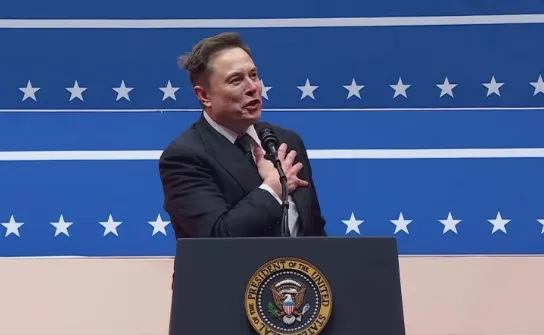
The Incident That Sparked the Debate
During Trump’s inauguration on January 20, 2025, Musk took the stage to thank the audience and express his gratitude. As he spoke, Musk thumped his right hand over his heart, spread his fingers wide, and then extended his arm upward at an angle. He repeated a similar motion while facing a different part of the crowd, saying, “Thank you for making it happen. My heart goes out to you.”
What seemed like an enthusiastic gesture quickly became a focal point for criticism. Videos of the incident spread online, with some viewers claiming that Musk’s actions resembled a Nazi salute or Roman salute—a gesture infamous for its association with fascist regimes.
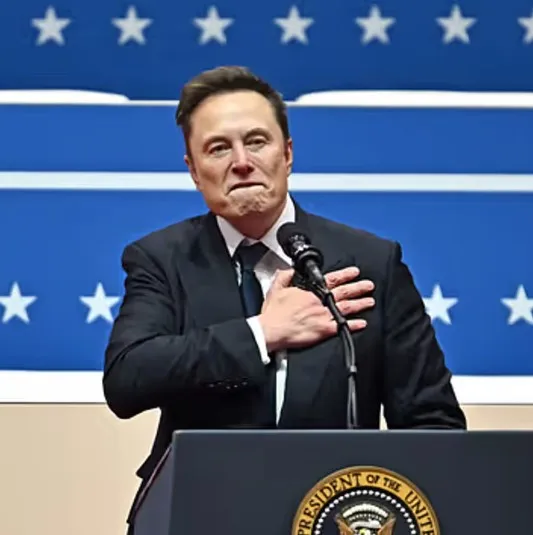
Wikipedia Adds Fuel to the Fire
The controversy escalated when Musk’s Wikipedia page was updated to include details of the incident. The page described his gesture and cited interpretations by several critics, including politicians and historians.
The description noted that Musk’s gesture was viewed as a Nazi salute by public figures such as Yolanda Díaz, Alexandria Ocasio-Cortez, and Jerry Nadler, along with historian Ruth Ben-Ghiat. This added an air of legitimacy to the claims, as notable individuals weighed in on the issue.
However, the interpretation of the gesture remained highly contested. Supporters of Musk argued that the gesture was misinterpreted, insisting it was either a Roman salute or an awkward display of enthusiasm.
Elon Musk’s Fiery Response
Musk, known for his vocal presence on Twitter, didn’t hold back in addressing the accusations. In a series of tweets, he criticized Wikipedia for its description of the incident, accusing the platform of bias and aligning itself with what he called “legacy media propaganda.”
“Since legacy media propaganda is considered a ‘valid’ source by Wikipedia, it naturally simply becomes an extension of legacy media propaganda!” Musk tweeted, expressing his frustration with how the incident was framed.
He went on to call for a boycott of the platform, tweeting: “Defund Wikipedia until balance is restored.” His strong rhetoric aimed to rally his supporters while casting doubt on Wikipedia’s credibility.
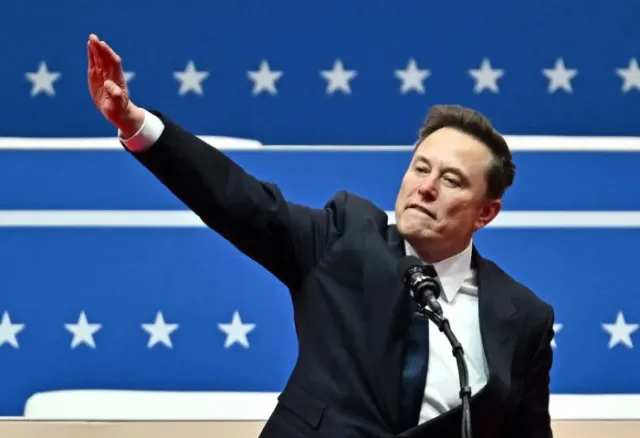
Wikipedia’s Defense: Neutrality Above All
In response to Musk’s criticism, Jimmy Wales, the co-founder of Wikipedia, defended the platform’s integrity. Wales emphasized that Wikipedia is a community-driven, independent source of information that cannot be bought or influenced.
“I think Elon is unhappy that Wikipedia is not for sale,” Wales posted. He urged Musk to encourage intellectual, respectful discussions instead of attacking the platform, adding, “If Elon wanted to help, he’d be encouraging thoughtful people he agrees with to engage.”
Wales’ comments highlighted the importance of community contributions in maintaining Wikipedia’s credibility while dismissing the notion that Musk’s wealth or influence could sway the platform.
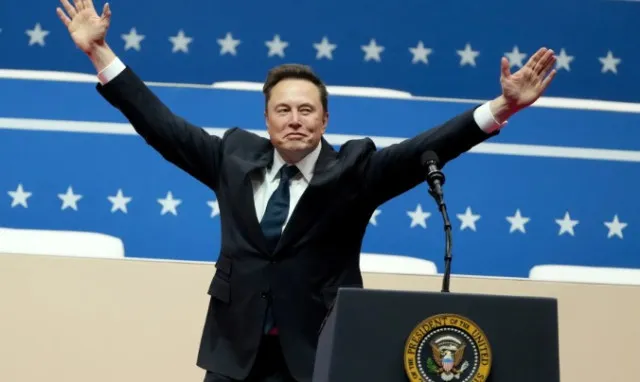
A Voice of Reason: The ADL Weighs In
Amid the uproar, the Anti-Defamation League (ADL) released a statement offering a more balanced perspective. The ADL acknowledged that Musk’s gesture might have resembled a Nazi salute but argued that context matters.
“It seems that [Musk] made an awkward gesture in a moment of enthusiasm, not a Nazi salute,” the ADL stated. While recognizing the concerns of those offended, the ADL urged people to consider the broader context before jumping to conclusions.
Their statement added nuance to the conversation, suggesting that the incident was likely a misunderstanding rather than a deliberate act of provocation.
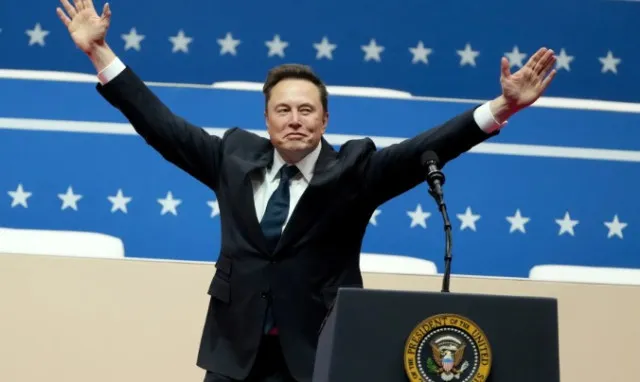
Public Reactions: A Divided Debate
As expected, the incident has divided public opinion. Critics of Musk took to social media, expressing outrage and calling for accountability.
“It was a Nazi salute, whether it was intentional or not. That salute is famous around the globe for all the worst reasons. Elon Musk should be deeply ashamed!” wrote one user.
Another tweeted, “Musk simply cannot tolerate independent, community-sourced knowledge that cannot be bought or corrupted. It drives him crazy that he might have to face any accountability whatsoever.”
However, Musk’s supporters were quick to defend him, dismissing the backlash as overblown.
“That is NOT a Nazi salute. Simple. Have you seen the real one? Watch the real thing before you make any judgment,” argued one commenter.
Another added, “People will just make a story about anything to stay relevant. Musk’s gesture was harmless.”
The polarized reactions illustrate how easily gestures and actions can be interpreted—and misinterpreted—in today’s highly charged political and social climate.
The Bigger Picture: Media, Misinformation, and Accountability
This incident highlights broader issues surrounding media interpretation and public accountability. In the digital age, even a simple gesture can spark a firestorm of controversy, amplified by social media and public figures weighing in.
For Musk, the backlash underscores the scrutiny that comes with being a high-profile figure. His fiery response to Wikipedia’s description reflects a broader frustration with media narratives and the challenges of maintaining a positive public image.
On the other hand, the controversy raises questions about how society interprets and reacts to potentially sensitive gestures. While vigilance against hate symbols is essential, so too is the need for measured responses and context-driven analysis.
Conclusion: A Gesture Open to Interpretation
Elon Musk’s gesture during Trump’s inauguration has become a lightning rod for debate, drawing reactions from all corners of the political and social spectrum. Whether viewed as an innocent act of enthusiasm, an awkward misstep, or a symbol of something darker, the incident has sparked important conversations about media, symbolism, and accountability.
As the debate continues, one thing is clear: in the age of instant information and viral controversies, context and dialogue remain more crucial than ever. Musk’s response, Wikipedia’s defense, and the ADL’s perspective all highlight the complexities of interpreting actions in a world where every moment is under a microscope.